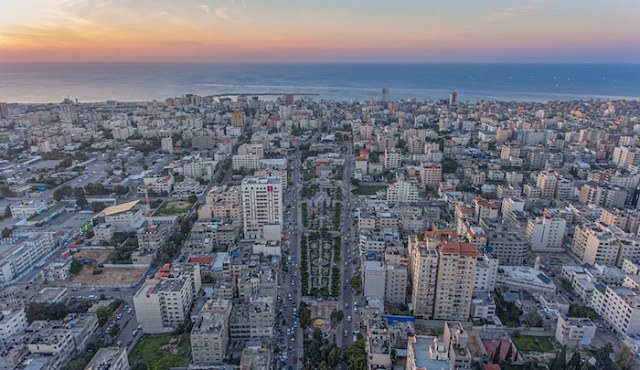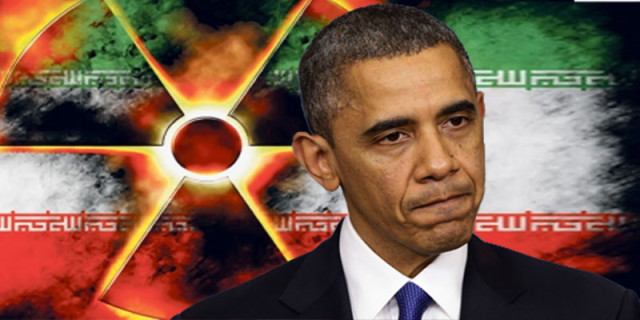The Most Plausible, Benevolent, and Deep-Pocketed Future Ruler of Gaza Is…

Talking heads and pundits, and American diplomats, too, keep raising the question of “What Happens After.” That is, who will control Gaza after Hamas is crushed, and 2.2 million people will still need someone to run the area. We know that Israel has no desire to run Gaza; what it wants, however, is to retain responsibility for security in the Strip, so that never again will it be turned into a terrorist outpost threatening the lives of Israelis. Elder of Ziyon believes that the United Arab Emirates could be the most plausible, benevolent, and deep-pocketed future ruler of Gaza. His discussion of this intriguing possibility can be found here: “The ‘Emirate of Palestine’ – the UAE is the key for a lasting solution to the Gaza crisis,” Elder of Ziyon, January 19, 2024:
…Gazans would suddenly live in a place that has a future. With its long coastline on the Mediterranean, Gaza could turn into a potential beach resort, well-placed to attract Arab and European visitors. The UAE and Israel could work on joint business ventures and economic zones to help employment and bring Gaza up to modern standards. One could imagine luxury hotels and high tech skyscrapers being built on the shores of the Mediterranean.
Gazans would become citizens of an Arab country and could still call themselves Palestinians. The emirate itself could be called “the Emirate of Palestine.” Why not? And Gaza citizens of the UAE could move to the other emirates to seek other opportunities if they prefer, with Emirati entrepreneurs moving to Gaza to take advantage of a blank slate. Which is not dissimilar to how they built the UAE to begin with.
Why would the UAE be interested? Well, a port on the Mediterranean is a pretty big carrot. Shipping lanes from and to Europe would be a huge economic boost. Working with Israel, the proposed train line from the Gulf to Israel could be extended a bit to Gaza to tie the Gulf countries closer to the sea as well.
Beyond that, there are some significant gas deposits off the coast of Gaza. No one wants to risk drilling there now, but the UAE would solve that problem.
Under rule by Hamas, Gaza has been involved in four wars with Israel. The constant threat of violence naturally puts off companies that might otherwise be involved in discovering and producing gas deposits in the territorial waters of Gaza. But with Gaza becoming part of the Emirates, and Hamas completely out of the picture, Western companies would be eager to exploit the natural gas deposits that are known to exist off the coast of Gaza. Those deposits could not only supply Gaza with its full energy needs, but the sale of gas beyond what is used by the Gazans, should provide a huge boost to the Gazan treasury.
Also, Palestinians are among the best educated Arabs. There is a competent workforce already there.
Moreover, Gaza could become a money-making tourism destination. Wealthy Europeans could rub shoulders with wealthy Arabs and make deals much closer to home.
Gaza has a long beachfront of white sand, and palm trees line the shore along the Mediterranean — this is not the Gaza we read about in the Western press, that describes only the present misery of its inhabitants. This Gaza could be turned into a tourism destination for both rich Arabs and rich Europeans.
Gazans would have huge opportunities to work and thrive. There would be no more “refugees” in Gaza. UNRWA would be gone.
Egypt would be thrilled to have such a neighbor. The entire Sinai could benefit from increased trade….
Egypt would benefit economically from having a deep-pocketed “Emirate” as its next-door neighbor. It could export food, textiles, and other goods to this new market, as well as buying natural gas from Gaza. Gazans, no longer impoverished, but instead prosperous citizens of the “eighth emirate” of the UAE, could visit Egypt as tourists, providing another boost to the Egyptian economy.
Qatari influence is disastrous. They support Hamas both with direct aid and through Al Jazeera, by far the most influential source of news in the Middle East. They cannot have a role in the future of Gaza….
Qatar has been the financial supporter of Hamas, and furthermore, has close relations with Iran. Qatar’s attempt to wield influence in Gaza has to end, and the UAE is ideally placed to ensure that result. It has the money to outbid Qatar for influence in the Strip.
AUTHOR
RELATED ARTICLES:
The ‘Day After’ in Gaza and the Role of the United Arab Emirates
Khamenei: ‘Islamic countries should sever their political and economic ties with the Zionist regime’
Hamas says its jihad mass murderers were committed to ‘Islamic values’ on October 7
RELATED VIDEO: Robert Spencer with Andrew Klavan on The Endemic Violence of Islamic Theology
EDITORS NOTE: This Jihad Watch column is republished with permission. ©All rights reserved.


